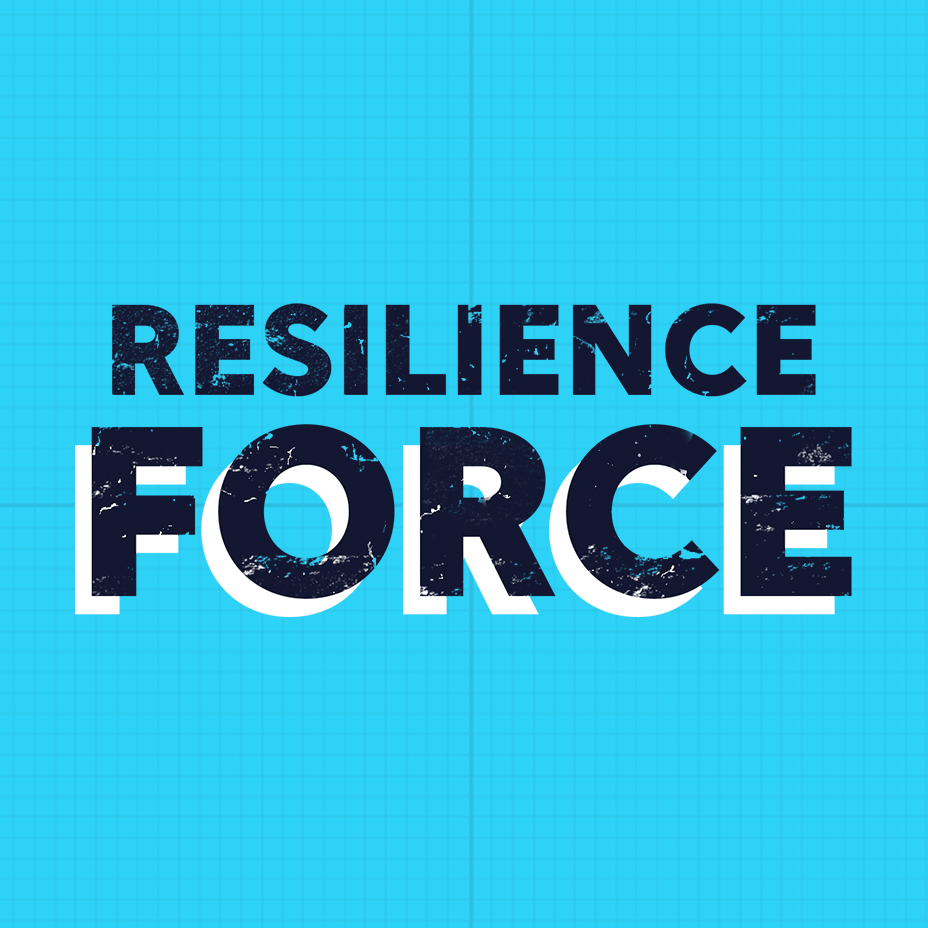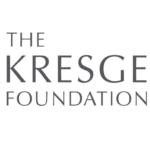Health & Human Services
Violence Intervention and Prevention in New Orleans
Location: New Orleans, Louisiana
Status: Active
Quantified Ventures is working in partnership with Humana, The Kresge Foundation, and local stakeholders, including Tulane University and Resilience Force, to scale a high-impact intervention using outcomes-based financing to address the scourge of gun violence that has long plagued this historic American city.
Outcomes-based financing will expand a proven intervention and prevention program focused on adolescents and young adults caught in dangerous cycles of violence. The program deploys Precision Violence Intervention Specialists, highly skilled and trained social workers and community health workers, to engage high-risk individuals and steer them into social services and support programs that address housing, employment, mental health, and other critical services. The commitment to relentless outreach and wraparound support produces a holistic network of care to mitigate imminent violence and break down barriers to success, while outcomes-based financing ensures these interventions are sustained in the community in the long run.
Partners are working to design, capitalize, and structure financing for this innovative program model that treats violence as a public health crisis rooted in economic insecurity and chronic trauma.
Why New Orleans and Why Now
Since 1986, New Orleans has ranked among the top five deadliest cities in the United States. The city suffered 218 murders in 2021, up from 196 murders the year prior and 120 murders in 2019, according to the New Orleans Police Department. The cost to the city – in both loss of life and economic terms – across multiple departments is immense and unsustainable. In strictly financial terms:
$26 Million = Annual total excess healthcare cost to Medicaid in New Orleans due to gun violence
$58,000 per individual = Average excess cost per victim of gun violence in New Orleans, 10.6x greater than normal annual healthcare spending
$1,793 per person annually (highest in the U.S.) = Societal cost of gun violence in New Orleans
Youth ages 16-24, often disconnected from work and school, are at heightened risk. Exposure to gun violence doubles the chances that a young person will commit violence within two years. Further, retaliatory injury risk among youth victims exposed to violence is 88x higher than among those who were never exposed to violence.
New Orleans has committed significant resources to address the challenge and public health implications of violence. Mayor LaToya Cantrell created an Office of Gun Violence Prevention in April 2021 to coordinate, fund, and evaluate public health gun violence reduction interventions and their outcomes. Two local project partners – Tulane’s Violence Prevention Institute and Resilience Force – play important roles in the ongoing effort to chart a path to renewal by identifying and seeking to address the root causes of violence in New Orleans.
Approach
Quantified Ventures and our partners are working to scale the New Orleans Precision Violence Interruption and Prevention model as an evidence-based violence-prevention program that treats gun violence as a public health crisis. To establish adequate and reliable program revenues, we are brokering value-based contracts between intervention service providers and Medicaid health plans serving New Orleans. These new revenue streams can then be leveraged to engage external capital required to accelerate program scale.
Building on learnings from successful programs in Baltimore, Chicago, Oakland, and Philadelphia, the New Orleans program will employ Precision Violence Intervention Specialists trained in trauma-informed approaches to develop relationships and individualized plans with high-risk individuals and steer them into social services. These Intervention Specialists will integrate with ongoing programs, such as the Hospital Crisis Response Intervention Team, Jumpstart Program, Center for Employment Opportunities, and the Barbers and Beauticians Fellowship for Cognitive Behavioral Therapy to augment services. They also will provide relentless outreach, mediation, and wraparound support to meet individuals where they are and provide an expansive network of care.
In New Orleans, a one size fits all approach can’t solve a problem that is concentrated in certain neighborhoods, all reflecting differte root causes. By identifying the various factors that are the root causes of violence and how they vary neighborhood by nieghborhood and providing targeted, wraparound services, mental healtcare, and job training to the victims of gun violence, we can address root causes and provide long term solutions.
With Skilled Violence Interruption and Prevention specialists, we will help reduce retaliations and work to proactively identify and mediate conflicts. Our Case Managers will provide comprehensive assessment and planning to help participants co-create a plan that addresses their needs, establishes goals, and keeps them disengaged from violence. If needed, participants will be connected to substance use disorder and mental health treatment. They will also be placed into job training or receive job placement assistance, such as Resilience Force’s CHW training program. Finally, case managers and peer support specialists will work with participants to ensure they’re securing the Medicaid, SNAP, housing, and other benefits for which they are eligible, providing further stability for their households.
Since no single factor alone interrupts imminent violent incidents and unthread barriers to success, Specialists will provide interventions to include brief or long-term community-based case management and services that:
Impact
Many of the root causes of gun violence in New Orleans stem from chronic and sustained underinvestment in the people and communities that are now plagued by gun violence. By creating a sustainable stream of capital into these communities and the organizations that serve them, we hope to help reverse these alarming trends and set New Orleans and its highly impacted neighborhoods on a path towards a more peaceful, prosperous community.
Other key outcomes of interest include decreased emergency department visits and hospitalizations, and reduced violence-related mental health care costs. The stakeholders involved and outcomes anticipated include:
Participants & Community
Serve at least 250 individuals during the first three years. Among participants:
85% will avoid further gun violence or injury
80-85% will be placed in job training and education programs.
Provide "barrier buster payments" to improve household economic circumstances
Experience lower rates of trauma-related and other mental illnesses.
Diminish need for law enforcement resources.
Managed Care Organizations & Hospitals
Estimated savings of $7.6 million to Medicaid in the first three years through:
Avoiding acute care expenditures by preventing emergency department visits (~$1,523 per visit, 4% of cost reductions)
Avoiding inpatient visits (~$35,862 per visit, 96% of cost reductions)
Achieve improved enrollment, care quality, and performance metrics m
Community Based Organizations
Serve a greater portion of those in need in their communities.
Access more reliable, sustained, and adequate funding through value-based arrangements.
Investors
Generate both financial and social returns.











